GRAFENWOEHR, Germany - "Bang! Bang! Bang! Bang! -- Incoming!" shout several Soldiers as they dive into the prone position to take cover.
Chaos surrounds the Combat Outpost as green and white smoke fill the air and Soldiers scramble to take over as squad leader, while others initiate first aid to their injured comrades.
It is day 14 for a platoon of Warrior Leader Course students from Bravo Company, class 07-11, at the 7th Army Noncommissioned Officer Academy here April 11.
The platoon (of students) are the first to test and train on the new Situational Training Exercise (STX) lanes and a COP attack, said Staff Sgt. Michael L. Anderson, from Gallup, N.M., and a Bravo Co., 7th Army NCOA WLC Instructor.
The four STX lanes were redesigned to simulate current contingency operations like Afghanistan to allow the Soldiers to plan, rehearse and react in certain situations, he said.
In order to provide training relevant to the contemporary operating environment, the Joint Multinational Training Command, to include the 7th Army NCOA, effectively employs doctrinal changes and current lessons learned to develop a program of instruction with enduring training values which give Soldiers the ability to train on a variety of situations and scenarios.
"I am definitely taking this training back to my Soldiers," said Sgt. Jody S. Casey, 42nd Clearance Company of Bamberg, Germany, upon completing STX lane 1, where his squad encountered a simulated attacked at a zero marksmanship range while training with the local Afghan National Police role players.
The 7th Army NCOA is the first and oldest NCOA in the U.S. Army. As a part of the JMTC, it is the only place in the U.S. Army that regularly trains with multinational partners to assist in transforming their NCO Corps and forces.
"I gained some new methods of training," Polish Land Forces Staff Sgt., Maciej Rzepka, from ToruA...", Poland, said after expressing his satisfaction with the course. "I like it very much and I can see how the U.S. Army trains."
Upon completing the COP attack scenario with B Co., Rzepka said, "It was interesting. I conducted some missions and it was a good experience."
"It has improved my military skills," he said.
The WLC is taught in three major areas of instruction: leadership module, warfighter module, and the training module. It is the initial leadership course for U.S. Army enlisted Soldiers where they challenged the various garrison and tactical leadership lessons, while preparing them to make the transition to becoming NCOs.
"We're leaders as well. We have to be those managers and supervisors, and implementing all those garrison task that's involved in that," Anderson said.
The students learn everything about being an NCO -- from waking up to implementing the new PRT (physical readiness training), executing training schedules, how to organize, conducting inspects and marching squads, Anderson said.
Anderson continued to explain how Soldiers are ambassadors when making their presence in a combat situation. He said they must develop the skill set to talk to people while remaining tactically vigilant and able to react to any unknown situation.
"It really challenges their thinking," he said. "And how to be flexible and adapt as leaders."
He explains that, "Something as simple as taking care of your Soldiers training today, might not be simple training. It might turn into a critical event that takes place any day."
After completing the 18-day WLC, exactly 254 US Army Europe specialists, corporals and sergeants and 16 multinational Soldiers representing partner countries Bulgaria, Moldova, Poland and Turkey, successfully graduated here April 15.
"I feel very excited," Wojcik said, who graduated as a distinguished international awardee from Alpha Co. "I am happy, but I'm sad it's over. It was a good three weeks and good to train with the American Soldiers."
Fellow Polish NCO and distinguished international awardee from B Co., Rzepka, is grateful of his WLC instructors and training.
They are "highly experienced and good instructors," Rzepka said. "I will remember the course for a long time."
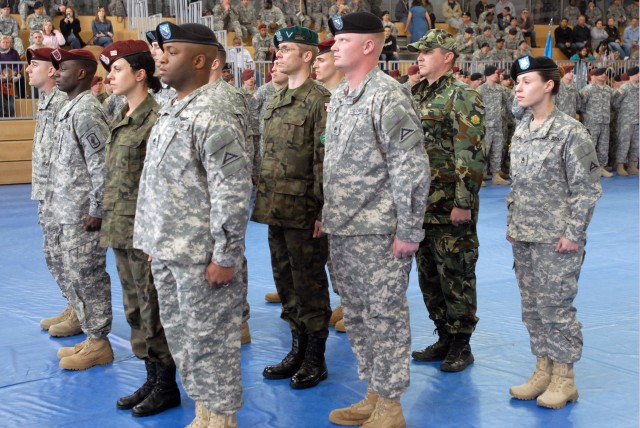
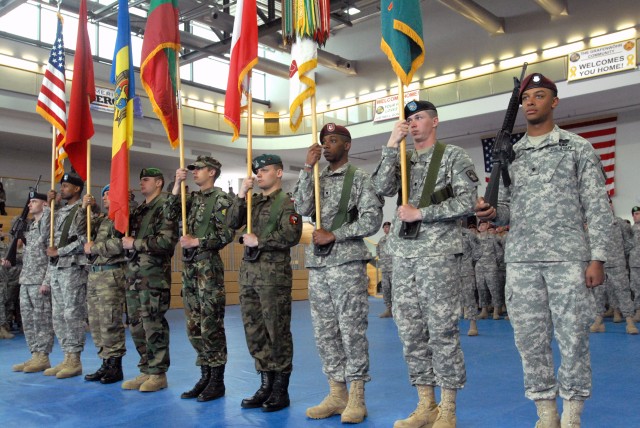
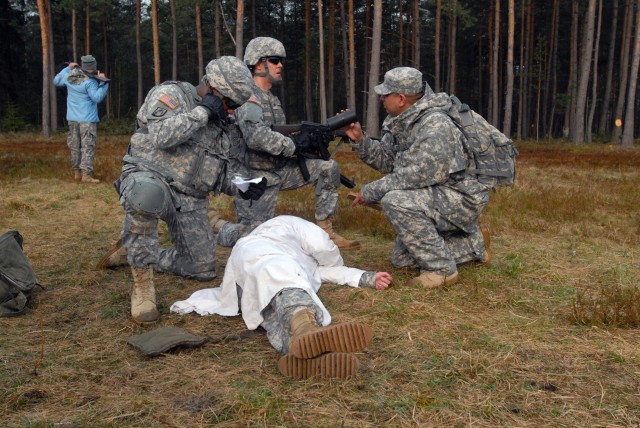
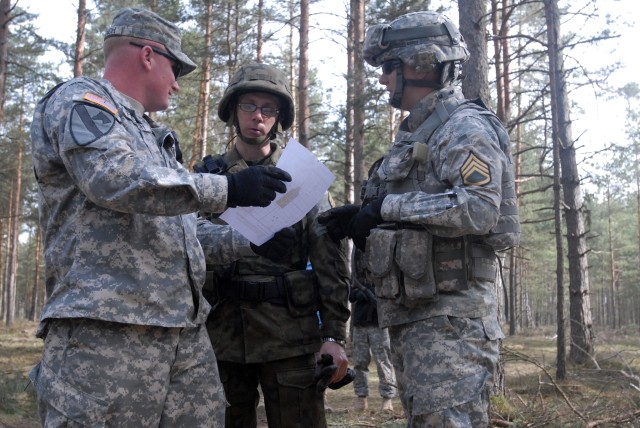
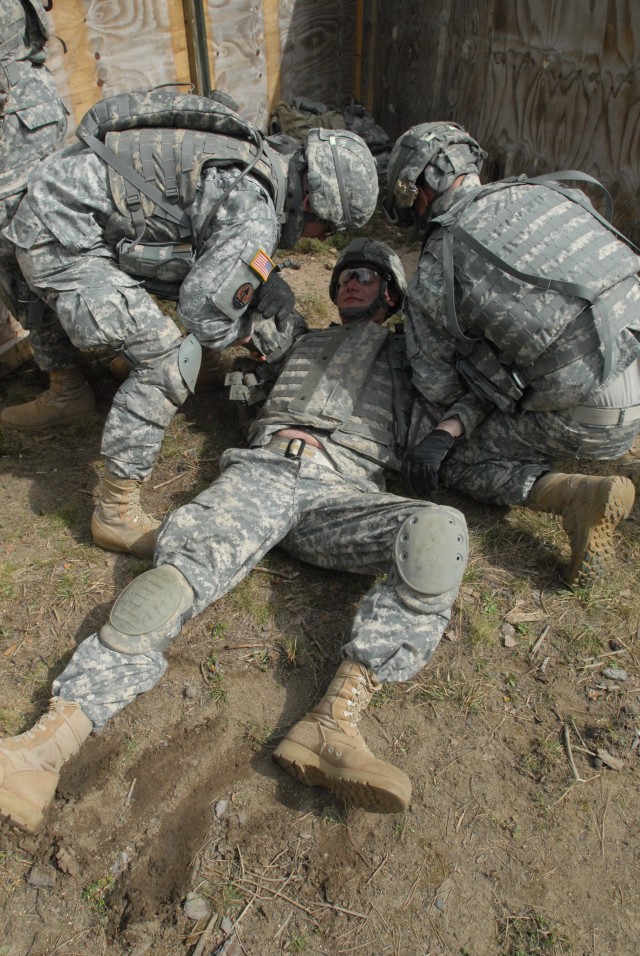
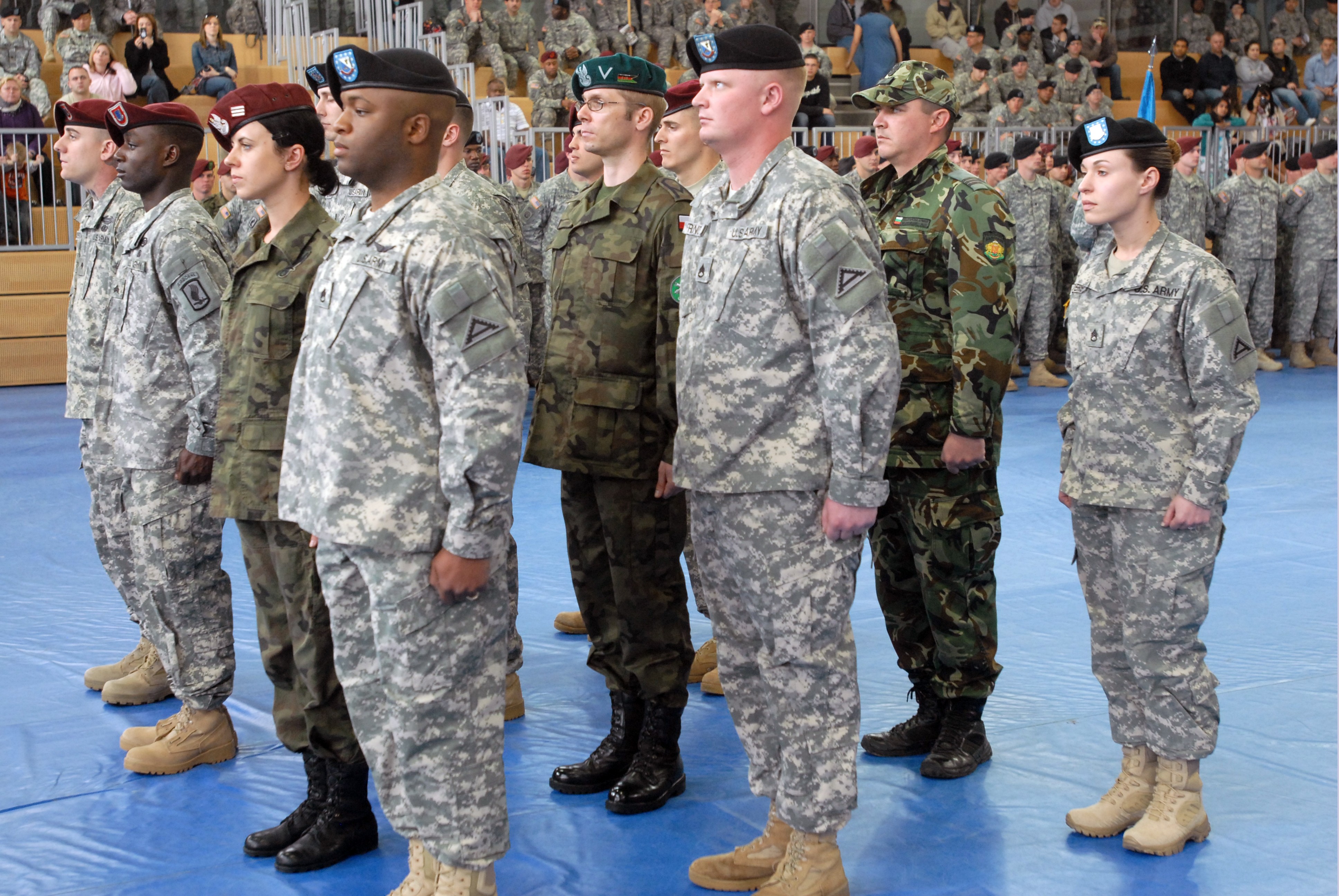
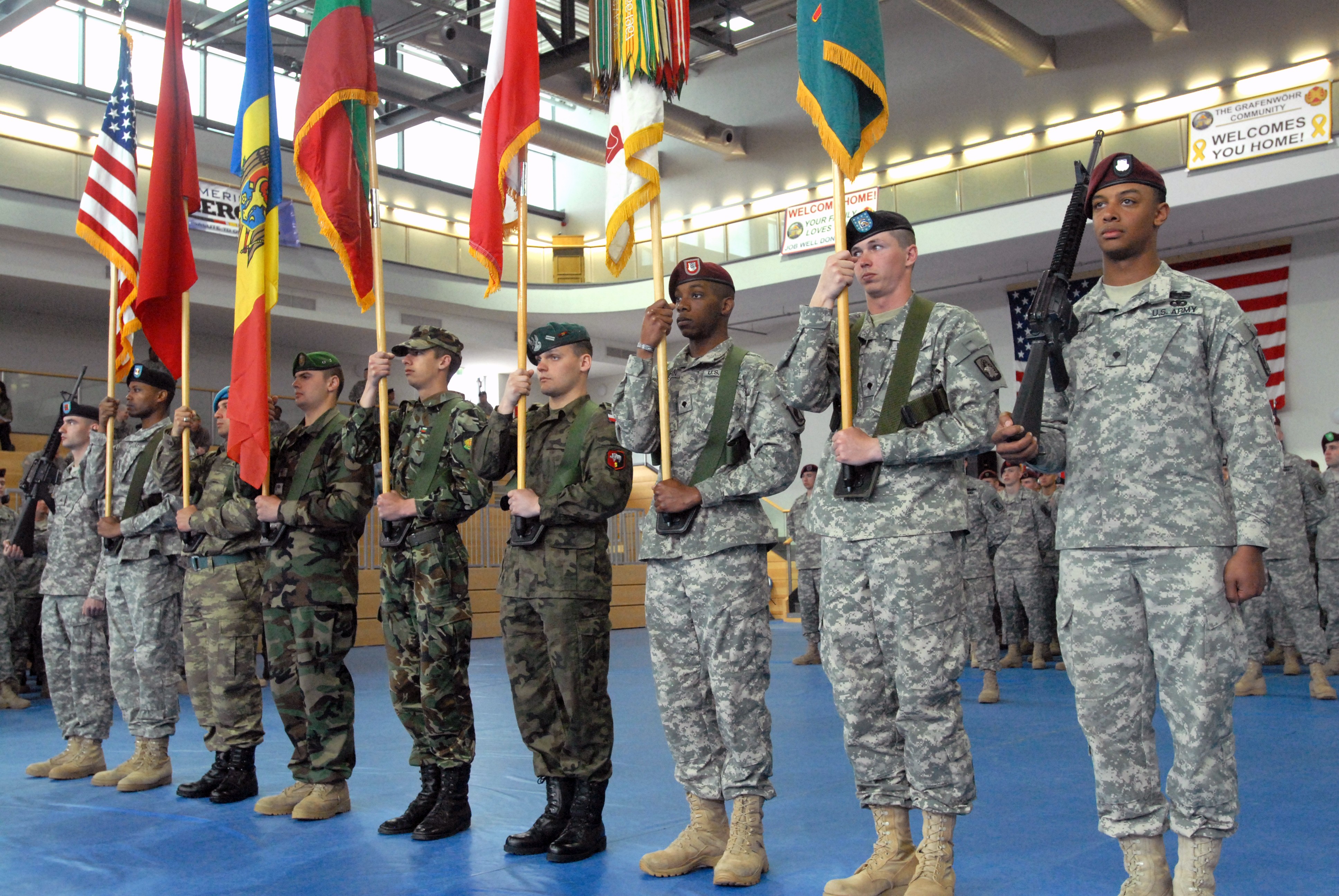
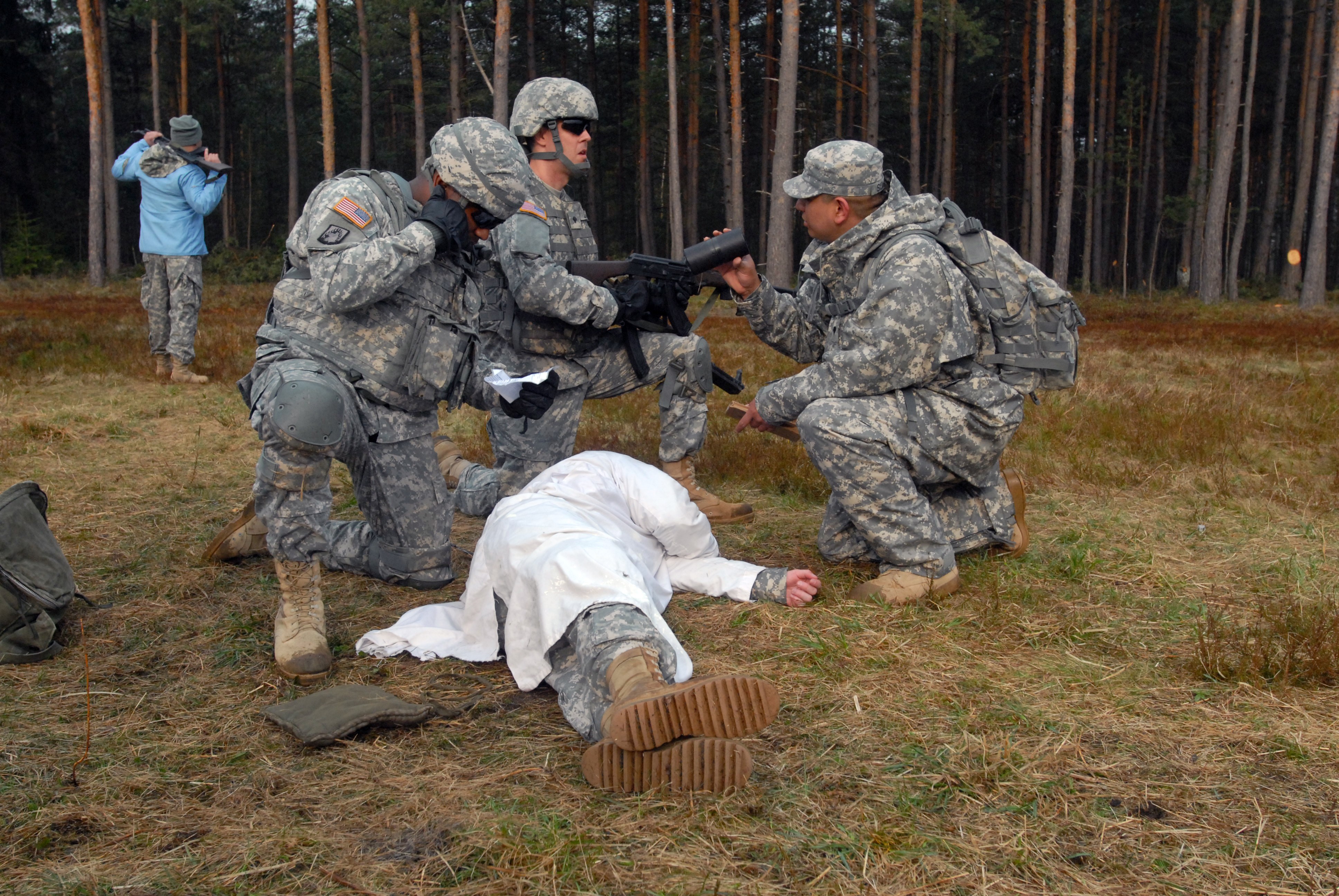
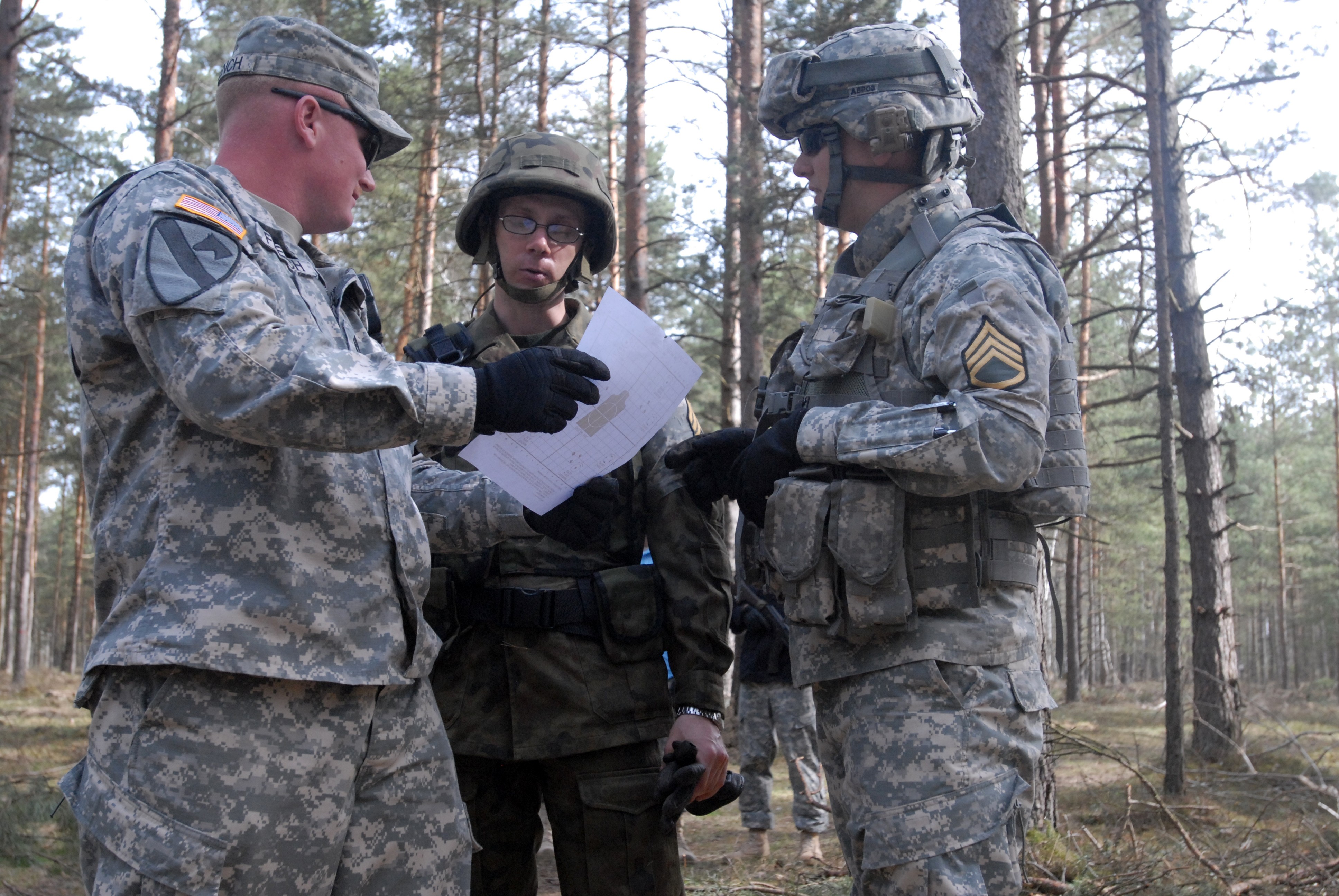
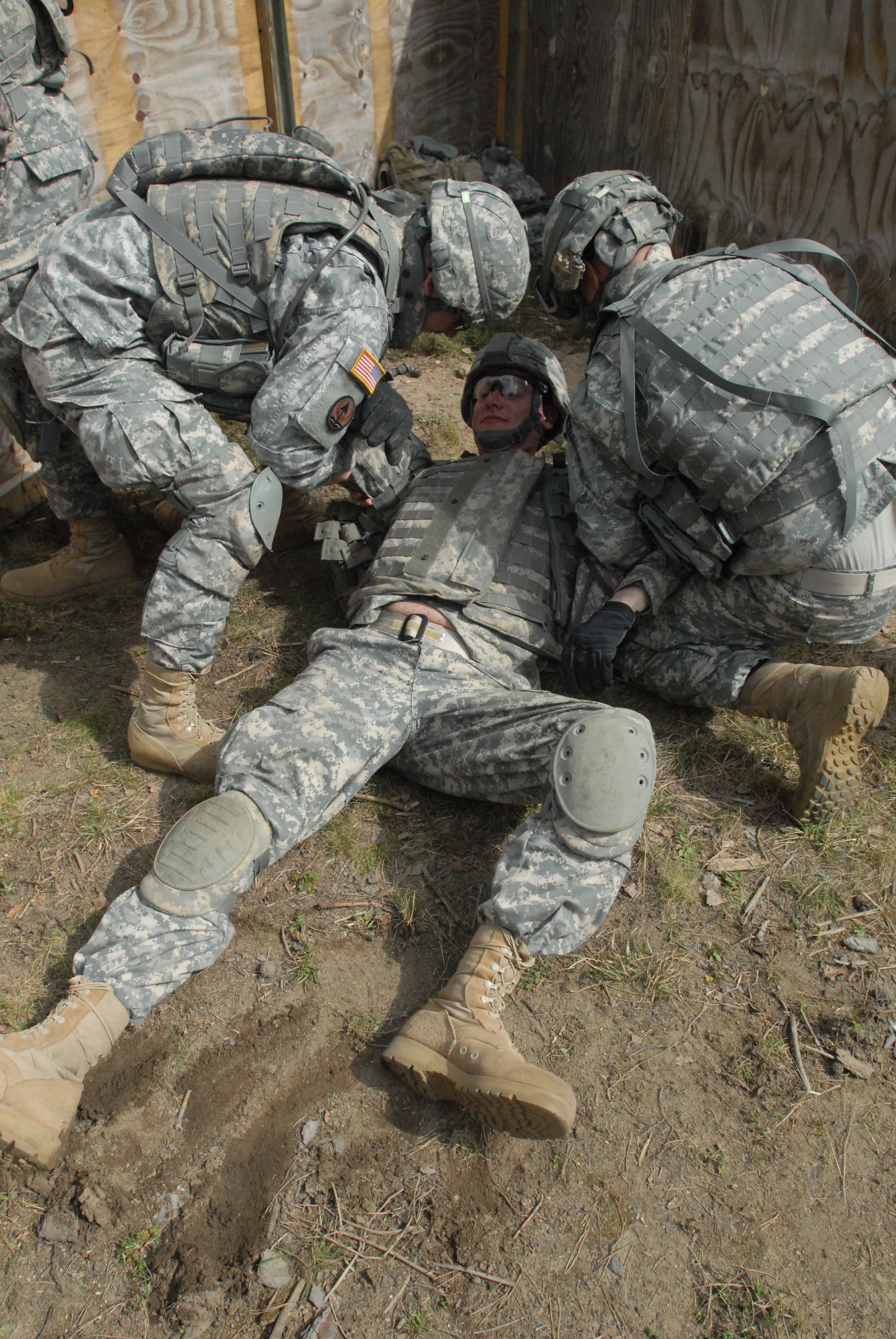
Social Sharing